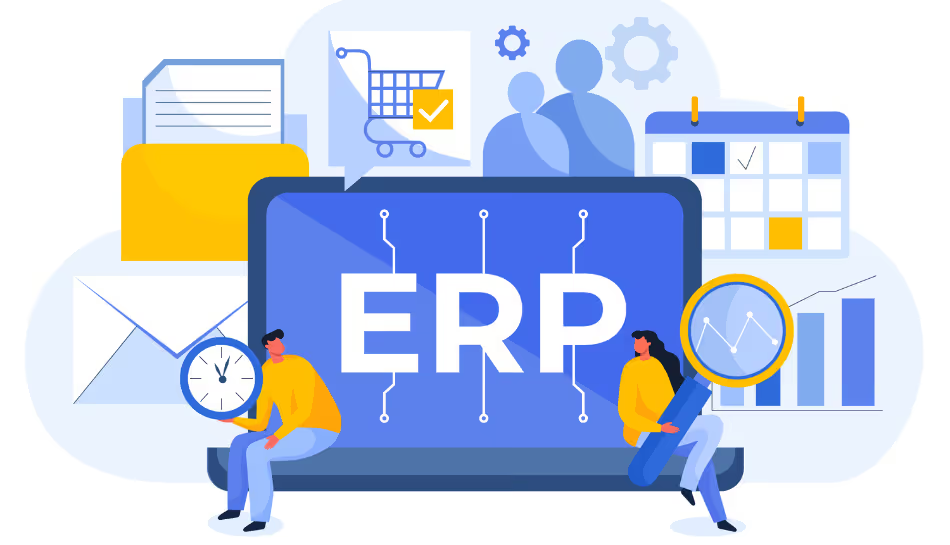The entertainment and media sectors are evolving more quickly than before. From content production and broadcasting to digital distribution and audience engagement, media companies juggle numerous processes daily. Managing these operations efficiently is no small task, and relying on spreadsheets or disconnected tools can slow growth and introduce errors. Herein lies the role of ERP software for media companies.
ERP, or Enterprise Resource Planning software, integrates multiple business functions into a single system. For media enterprises, this means production, finance, human resources, distribution, and client management all operate under one unified platform. By doing so, it eliminates silos, reduces manual work, and improves decision-making. Let’s explore how ERP software supports media companies and the advantages it brings.
-
Centralized Operations
One of the key benefits of ERP for media companies is centralization. Media organizations often have multiple teams working on production, editing, marketing, and distribution simultaneously. All departments will have real-time access to the same data thanks to a centralised ERP system.
Centralization helps reduce errors, avoid duplicate work, and ensures teams are aligned. For instance, finance can instantly see production expenses, while marketing can track campaign budgets without requesting updates from multiple departments. -
Streamlining Production Workflows
Content production involves numerous steps, from pre-production planning to post-production editing and final distribution. Manually tracking each stage can be overwhelming and prone to mistakes.
ERP software for media companies automates and monitors production workflows. It helps allocate resources efficiently, track timelines, and maintain budgets. By providing a clear view of every project’s status, ERP ensures deadlines are met, costs are controlled, and quality standards are maintained. -
Financial Management and Compliance
Handling finances in media companies is often complex, with budgets for different projects, advertising revenues, royalties, and licensing agreements. ERP systems provide integrated financial management tools that track expenses, manage invoicing, and ensure regulatory compliance.
This integration allows executives to make informed decisions, monitor project profitability, and plan future investments with confidence. The software also reduces errors in accounting, improving overall financial accuracy. -
Enhancing Collaboration
Collaboration is essential in media projects. Teams often span different locations, including freelancers, production houses, and marketing agencies. To enable real-time collaboration, ERP software offers shared dashboards, role-based access, and cloud support.
This ensures creative teams, finance departments, and management can work together seamlessly, even when physically separated. Improved collaboration leads to faster project completion and better communication across the organization. -
Data-Driven Decision Making
In today’s competitive media landscape, insights drive growth. ERP systems provide analytics and reporting tools that help companies monitor performance across production, distribution, and revenue streams.
By understanding trends, audience engagement, and financial performance, media companies can make smarter decisions about content strategy, marketing campaigns, and operational improvements. They have a major competitive advantage because to this data-driven strategy. -
Scalability for Growth
As media companies expand, processes become more complex. ERP software scales alongside business growth, supporting increased projects, employees, and clients without requiring multiple systems. This ensures consistent efficiency and operational control, regardless of size.
With scalable solutions, media companies can handle larger projects, explore new markets, and adopt emerging technologies seamlessly.
Final Thoughts
Using an ERP system is now a must for media organisations looking to maintain their agility and competitiveness. By integrating workflows, automating processes, enhancing collaboration, and providing actionable insights, ERP software supports media companies in achieving efficiency and scalability.
The benefits of ERP software for media companies extend beyond operations. It empowers teams, ensures financial accuracy, and positions businesses for sustainable growth in a fast-evolving industry. For media enterprises, investing in ERP is investing in future-ready operations and long-term success.



